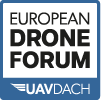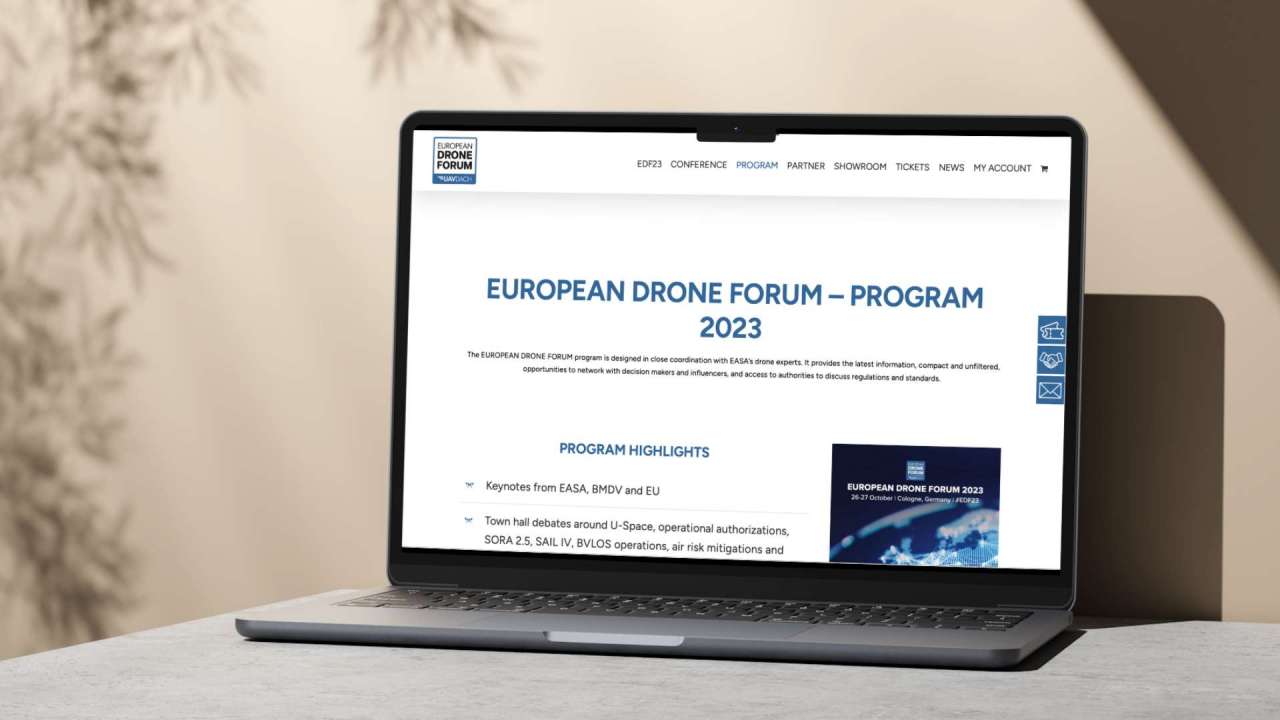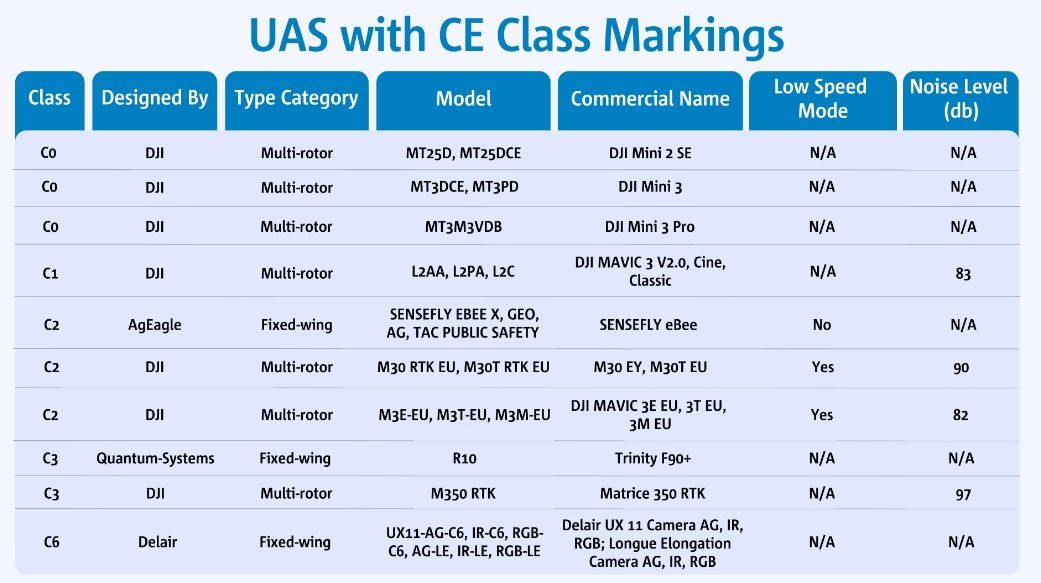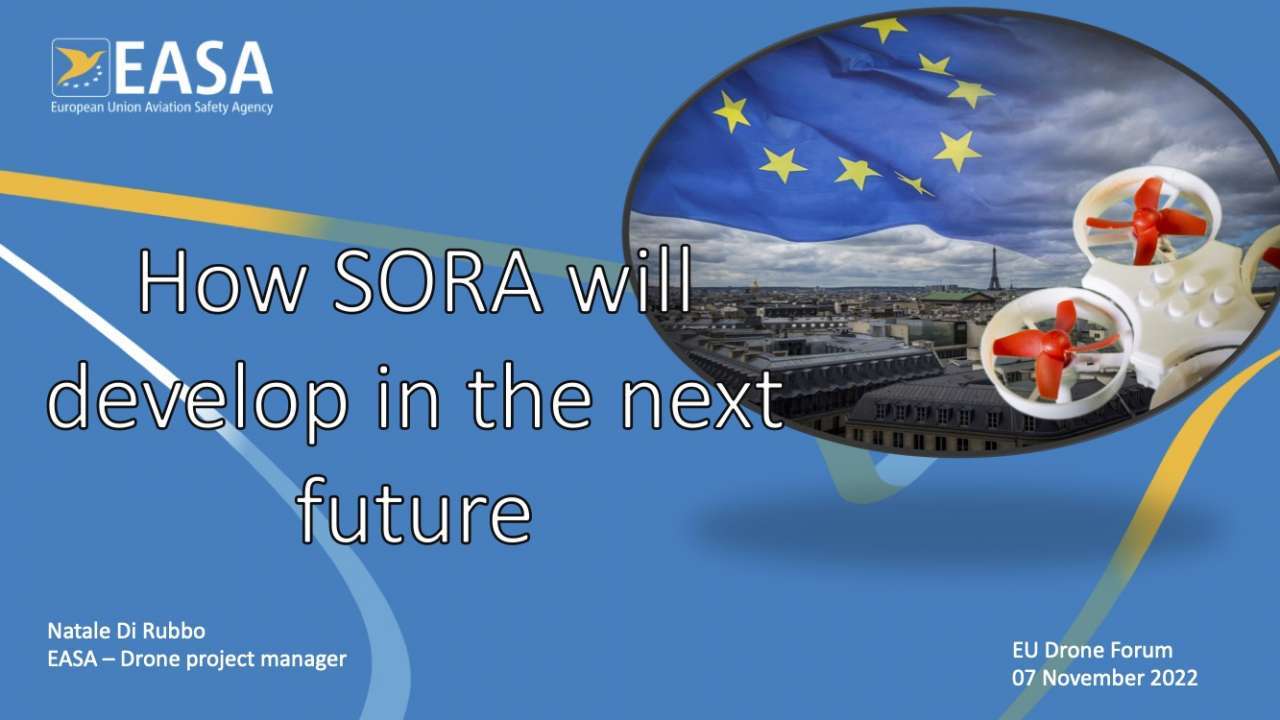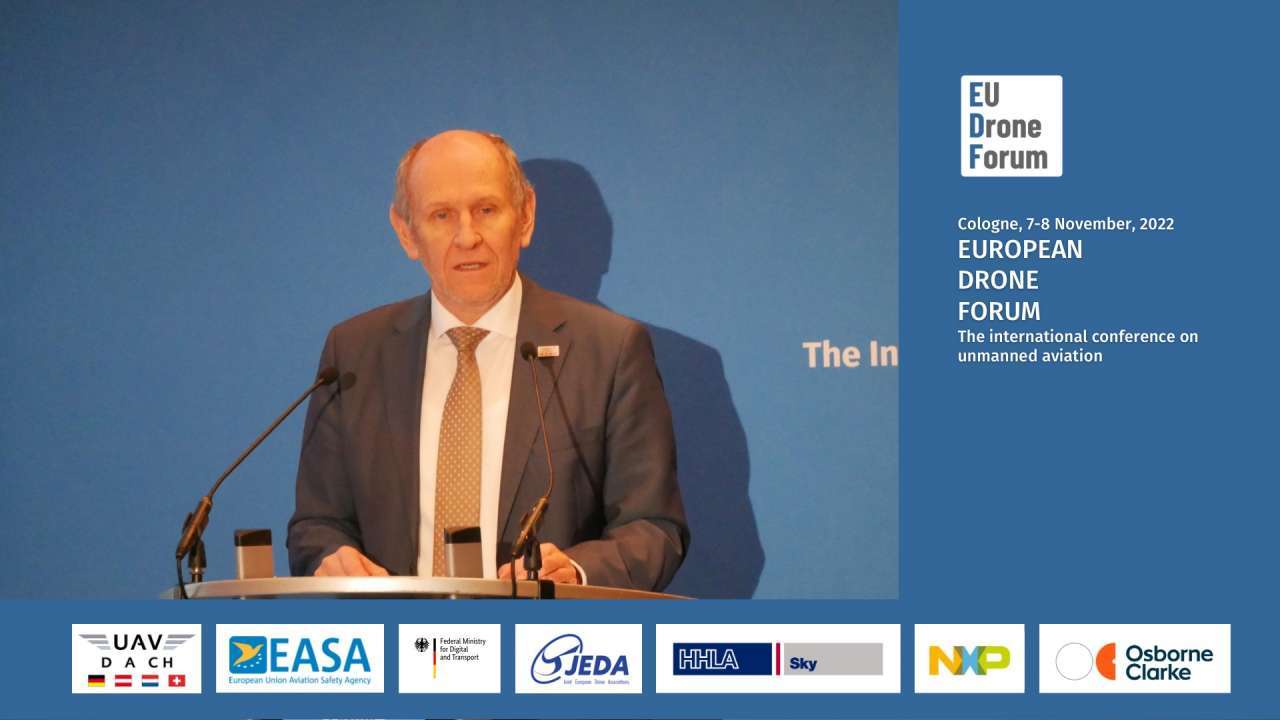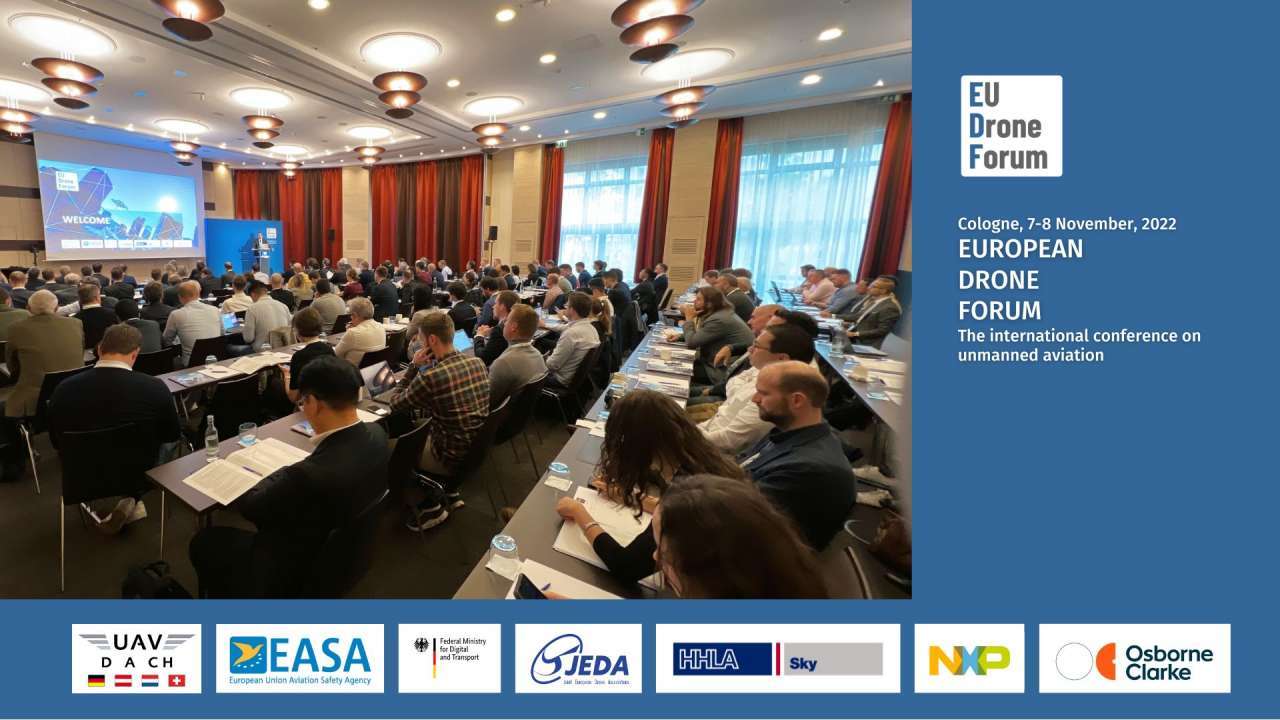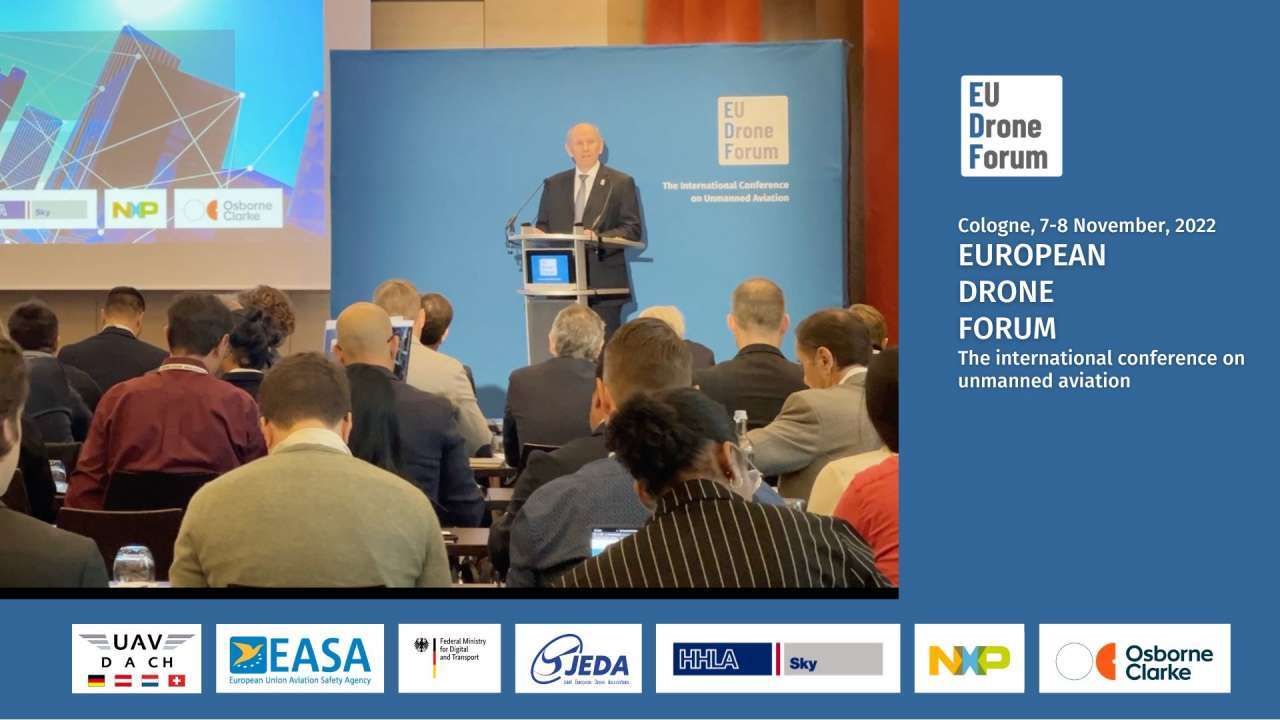The challenge of medical support in sparsely populated areas
Germany is experiencing a demographic change. The population is getting older and older. The need for medical care is constantly increasing. At the same time, all people have the same right to medical care, medical assistance and nursing. It is already difficult to guarantee this in urban areas, but in more sparsely populated rural areas it is a considerable challenge. The expansion of conventional, mainly terrestrial infrastructure to bridge gaps in medical care is reaching its limits. This results in a need for further measures that must be both resource-saving and effective. The use of UAS lends itself to this. As a relatively new technology, however, there are many technical, medical, economic and regulatory issues. In the regulatory field, the first step was to identify the legal areas affected and then to find solutions that can be implemented in a targeted and practical manner.
The project MV Life Drone
The challenges were addressed step by step in the MVLD-P and MVLD-C projects. The project partners were the University Medical Center Greifswald (UMG), the DRF Luftrettung, the University of Applied Sciences Neubrandenburg, the district of Vorpommern Greifswald and the University of Greifswald Chair of ABWL and Health Management. The project was managed by the UMG under Dr Mina Baumgarten and her team. The projects were funded by the Federal Ministry of Health (BMG) and the Ministry of Transport, Infrastructure and Digitisation of Mecklenburg-Western Pomerania.
Approach and solutions
In the projects, a total of over 50 test flights, including blood samples, were carried out, mainly out of sight (BVLOS) of the pilot and over distances of up to 25 km. In an interdisciplinary collaboration of the project partners, the findings were published in comprehensive papers. The first was a position paper entitled “Improving medical care in Germany through the use of unmanned aerial systems”. In this paper, 28 authors identified and delimited the essential questions regarding the use of UAS in health care. The position paper will be published by Springer Verlag in February 2022 under the title “Unmanned Aerial Systems in Medical Care”. In the blueprint based on this, a concept was developed with the participation a the law firm BHO legal, according to which a regular operation for the medical use of drones can be established step by step – this is intended above all to help institutions that have so far only worked with conventional means to include UAS in their range of medical services and thus become more efficient.
Meet the members of MV Life Drone
Members of the project can be met at the EUROPEAN DRONE FORUM. BHO legal will attend the conference.
